Modern education is no longer confined to textbooks and standardized tests. Schools across the world are subtly weaving essential life skills into their daily lessons, ensuring students graduate ready for real-world challenges. Instead of direct lectures on adulthood, educators integrate problem-solving, teamwork, and empathy into ordinary subjects. These changes aim to create well-rounded individuals who can adapt, think critically, and navigate both academic and personal environments with confidence.
1. Collaborative Projects Teach Teamwork Naturally
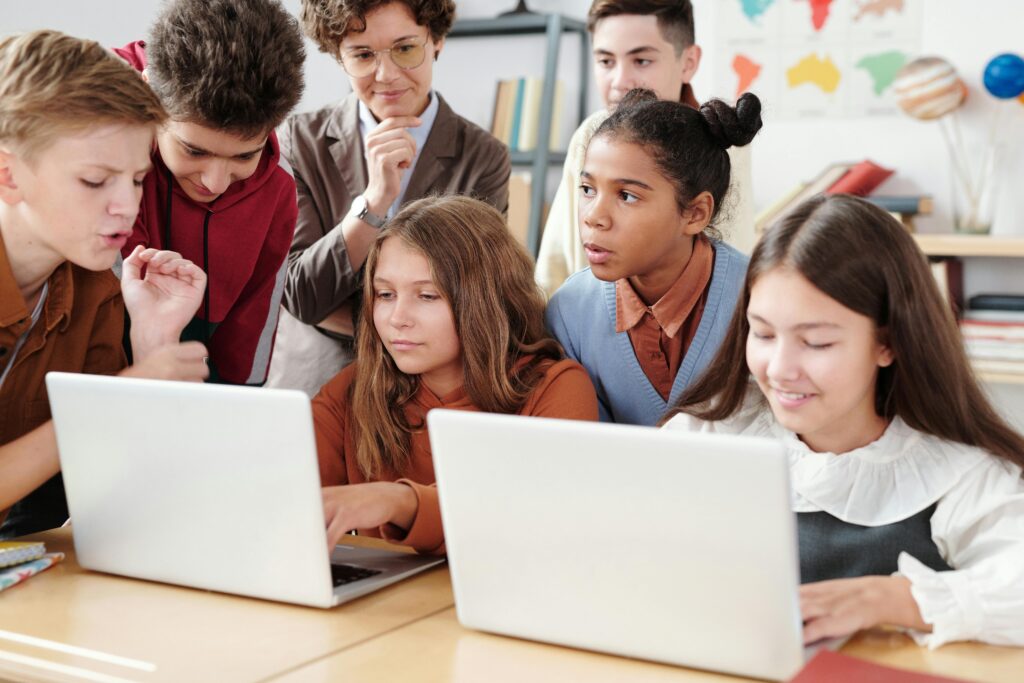
Group assignments have evolved beyond shared grades. Teachers now design projects that mimic workplace collaboration, encouraging students to delegate, negotiate, and handle disagreements. Through roles like project manager or lead researcher, children learn accountability and communication. It’s less about who presents best and more about how they cooperate under pressure. By learning to merge ideas and compromise, students pick up a vital career and social skill without realizing they’re being trained for teamwork.
2. Financial Literacy Hidden in Math Lessons

Mathematics classes are no longer limited to abstract equations. Many schools now incorporate budgeting exercises, taxes, and savings calculations into their curriculum. By applying arithmetic to real-world examples like planning a trip within a set budget, students grasp financial literacy in a practical way. Teachers report that students become more engaged when math feels useful. These small, realistic applications are preparing a generation that can manage money wisely and avoid common financial pitfalls later in life.
3. Emotional Intelligence Through Classroom Discussions
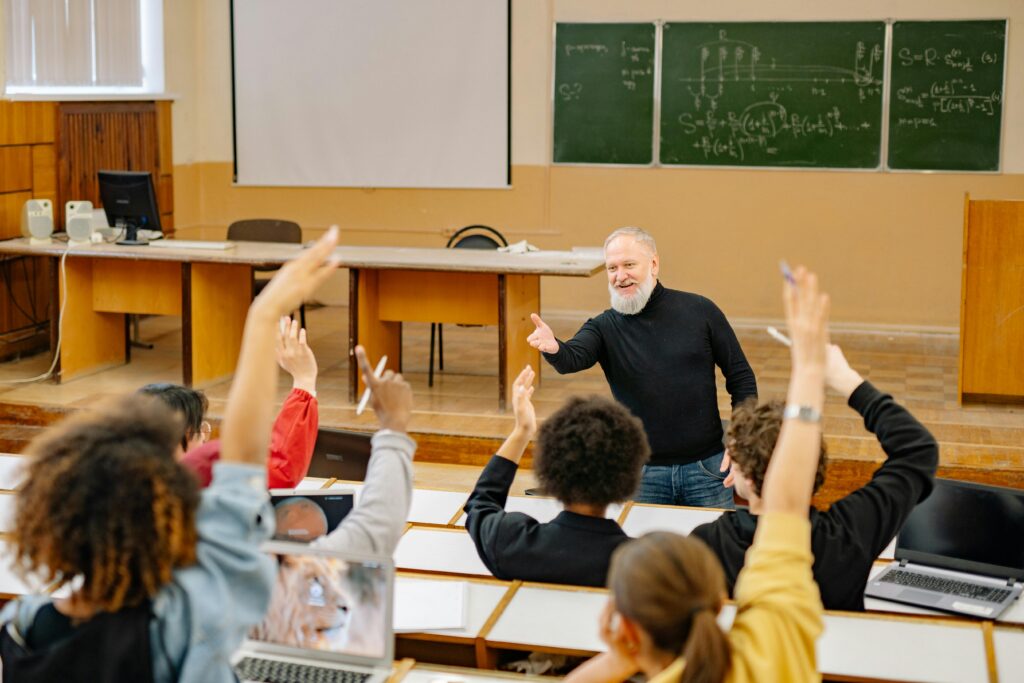
Educators are finding subtle ways to help students recognize and regulate emotions. English or social studies classes now include reflective writing and open dialogues about empathy, conflict, and identity. These discussions teach self-awareness and emotional control, often framed as literature analysis or debate. By connecting stories to personal experiences, teachers guide students toward understanding emotional complexity. The result is not only better classroom relationships but also a stronger foundation for emotional intelligence in adulthood.
4. Problem-Solving Through STEM Challenges
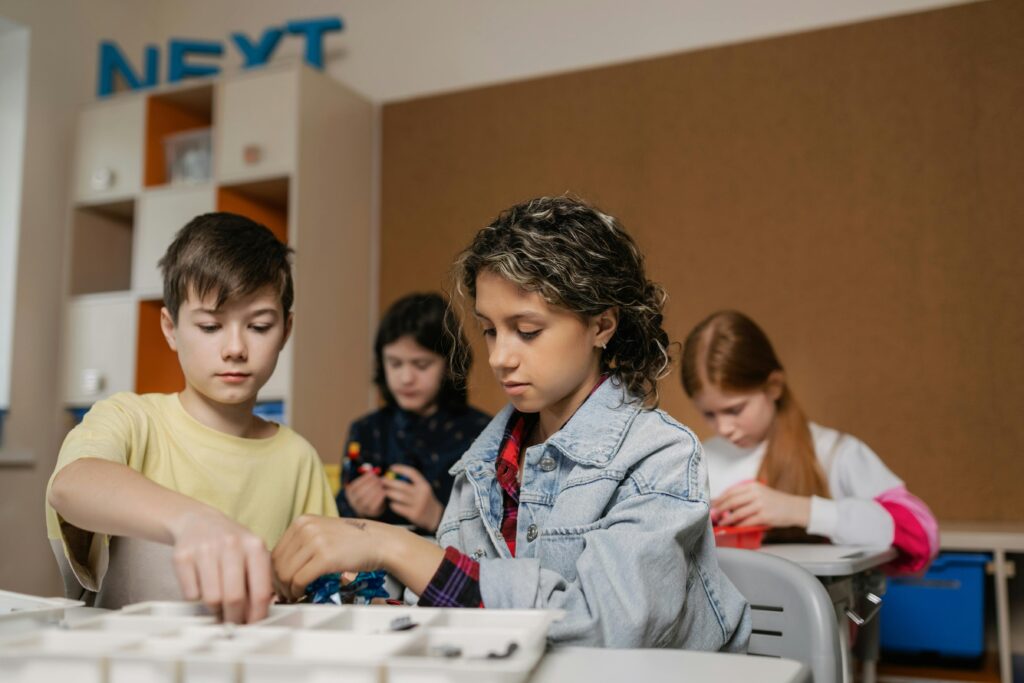
STEM programs are becoming creative grounds for teaching adaptability and critical thinking. In project-based learning, students face real-world problems like designing eco-friendly models or coding simple solutions. Teachers intentionally allow small setbacks so students can develop resilience and analytical thinking. Each obstacle becomes an opportunity to assess and adjust strategies. This experience mirrors the problem-solving demands of modern workplaces, where innovation and persistence matter more than memorizing correct answers.
5. Leadership Skills Through Student Roles
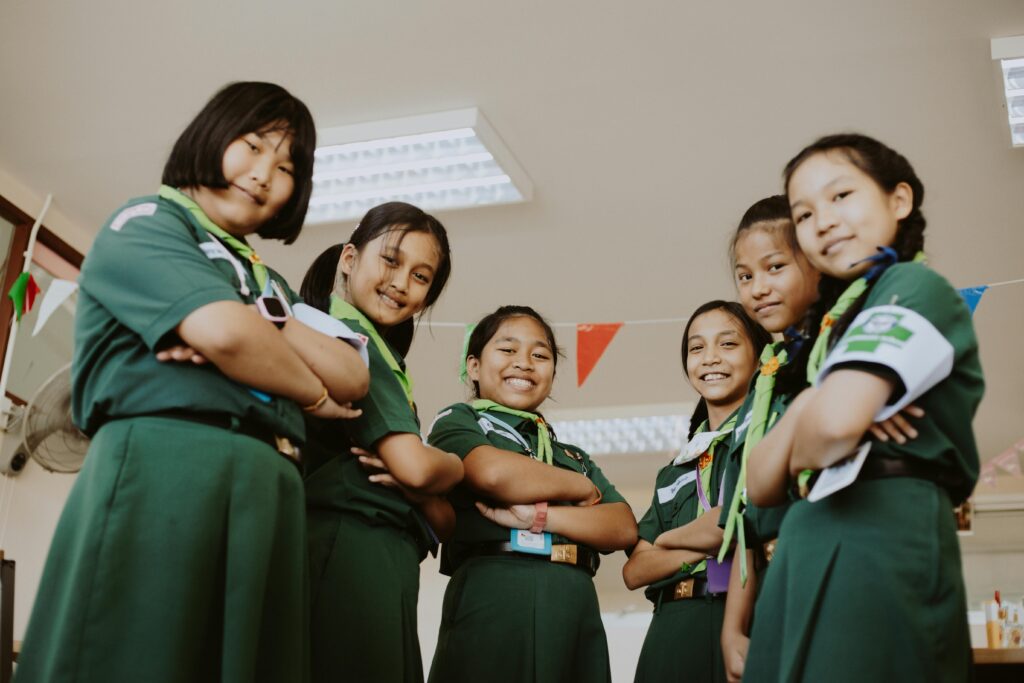
Many schools now integrate leadership into daily routines. Whether through student councils, class monitors, or club presidents, learners are given a taste of responsibility early. These positions teach them how to make decisions, handle feedback, and motivate peers. Teachers act as mentors rather than directors, letting students experience both success and failure firsthand. Over time, they develop a balanced understanding of leadership not as authority, but as accountability, service, and collaboration combined.
6. Digital Literacy in Everyday Assignments
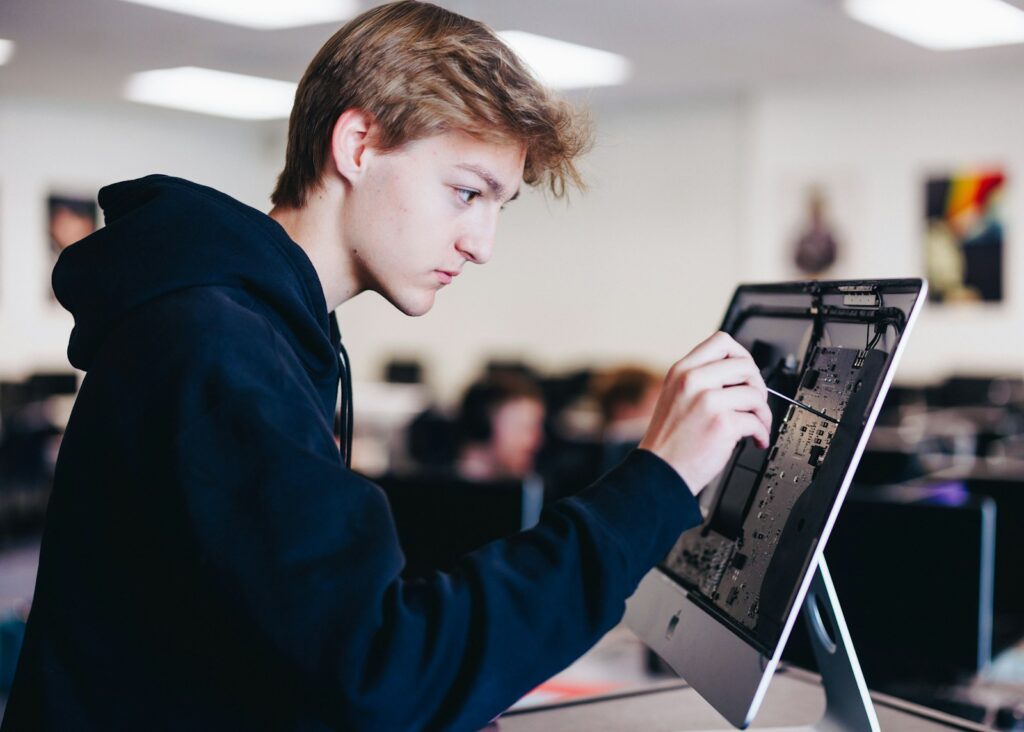
With technology shaping nearly every profession, digital fluency has become a hidden priority in classrooms. Students now learn safe internet practices, online research methods, and digital etiquette through ordinary tasks like creating presentations or fact-checking articles. Teachers subtly introduce discussions on misinformation and privacy, encouraging responsible tech habits. These daily exposures build confident digital citizens who know how to use technology thoughtfully rather than impulsively, an essential skill in today’s connected world.
7. Environmental Awareness Through School Projects

Environmental education has moved beyond textbook chapters into experiential learning. Students now engage in composting, recycling drives, and school gardens to understand sustainability firsthand. Lessons on ecosystems or climate change are often paired with hands-on projects that show real impact. This approach helps students internalize respect for nature rather than viewing it as an abstract concept. By integrating sustainability into routine learning, schools are quietly shaping future citizens who value and protect their environment.
8. Time Management Through Project Deadlines

To teach students the value of organization, schools subtly embed time management lessons within coursework. Deadlines are treated as learning opportunities, not punishments. Teachers guide students to plan long-term projects by setting milestones and priorities. This approach helps them understand pacing, discipline, and accountability. By managing tasks across multiple subjects, learners gradually master the art of balancing commitments, an invaluable skill that prepares them for both higher education and adult responsibilities.
Comments